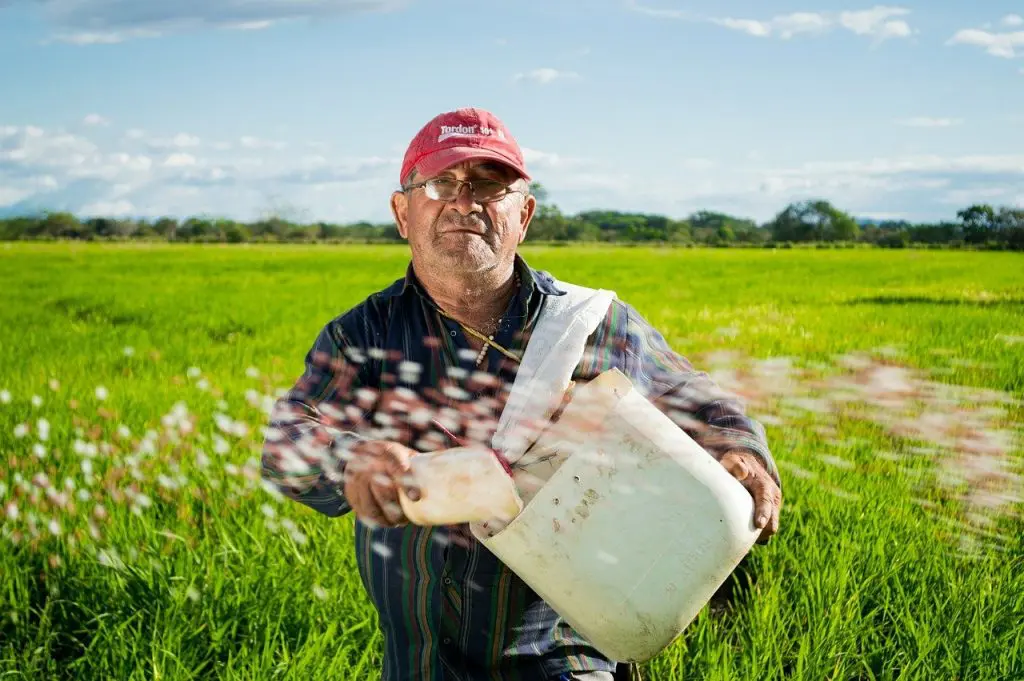Whether you’re an experienced investor or a newer one, you might be surprised to learn the world of agriculture is quickly emerging as one of the hottest investment sectors in the global economy—even one that can give the practice of investing in consumer credit loans a run for its money.
That’s right. Even though investing in consumer credit loans has long been seen as one of the more stable investment vehicles available, investing in agricultural loans is gaining more and more traction as a viable, high-yield alternative.
In fact, if your portfolio mostly consists of consumer credit loans, now is the time to consider diversifying and putting some of your assets or extra capital into agricultural loans instead.
Here’s a quick look at some of the top reasons why you should be investing in agricultural loans instead of consumer credits.
Agricultural Loans vs. Consumer Credit Loan
Before diving into some of the top reasons why more investors are shifting assets to agriculture and agribusiness, it’s important to understand the main similarities and differences at a high level.
With both agricultural loans and consumer credits, you as the investor are lending a specific sum of money up front, with the expectation of having that money paid back with interest at a later date.
The main difference between the two lies in the potential risks associated with each one. When compared with agricultural loans, consumer credit loans carry a much greater risk of the borrower defaulting on the loan terms.
To understand why, let’s dive a little deeper into the main advantages of investing in agricultural loans.
Why Investing in Agribusiness is the Smart Choice for 2022 and Beyond
There’s a few top reasons why investing in agriculture, farms, and farmers is a smarter choice than ever before. If you’re a savvy investor with even a few hundred Euros to spare, here’s some of the things you should consider when it comes to agricultural loans.
1. Farmers provide significant collateral up front
The great thing about investing in farmers is the amount of collateral they provide. This includes the heavy machinery and land they own, some or all of which can be liquidated if necessary. This type of collateral significantly reduces the level or risk that lenders take on when they invest.
2. Farmers are legal entities who are also liable personally
In a similar vein, because farmers are legal entities who are also personally liable, investors can rest a little easier knowing their investment is more protected. In the event a lender needs to take legal action, they can take that action directly against the farmer who’s accountable for meeting the original terms of the loan.
3. Agriculture is highly resistant to economic downturns
Agriculture isn’t fully immune to economic downturns, but it is very insulated because of the fact it’s such a strategic sector. Farms and farmers are heavily supported and subsidized by the European Union, for example, and the demand for agricultural products is constantly growing.
4. Investment drives greener and more sustainable farming practices
Last but certainly not least, investing in agribusiness means you’re helping drive the adoption of more sustainable farming practices. According to the World Bank, a lack of investment is the main reason farms can’t modernize and leverage new technology, such as smart sensors, that can help maximize energy efficiency and lower operating costs.
Start investing in agribusiness, today
Take a look and explore the current projects that are ready for investment today.
HeavyFinance makes investing in agriculture easy, safe, and profitable. We act as an intermediary between farmers who need investment and investors who are looking for high-yield opportunities.
To date, our current weighted average return on investment is 12.1%. We’re also a fully regulated platform that’s supervised by the bank of Lithuania.
We spend significant time and energy seeking out the right projects that are ripe for investment, and ensuring the loans are backed against collateral of land, heavy equipment, and receivables from future sales.




